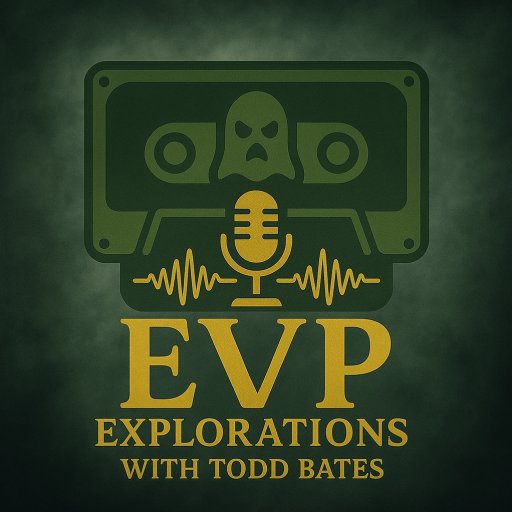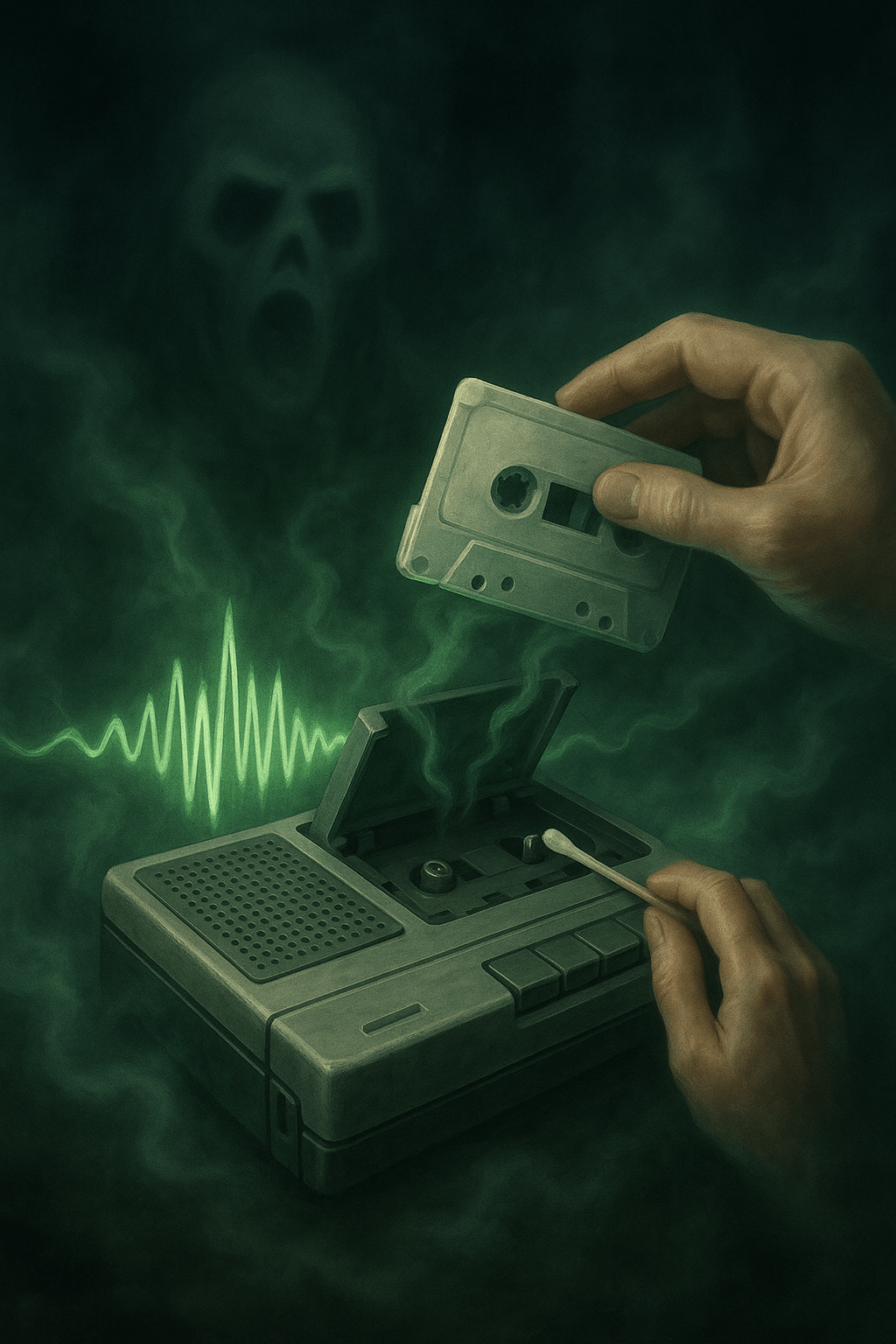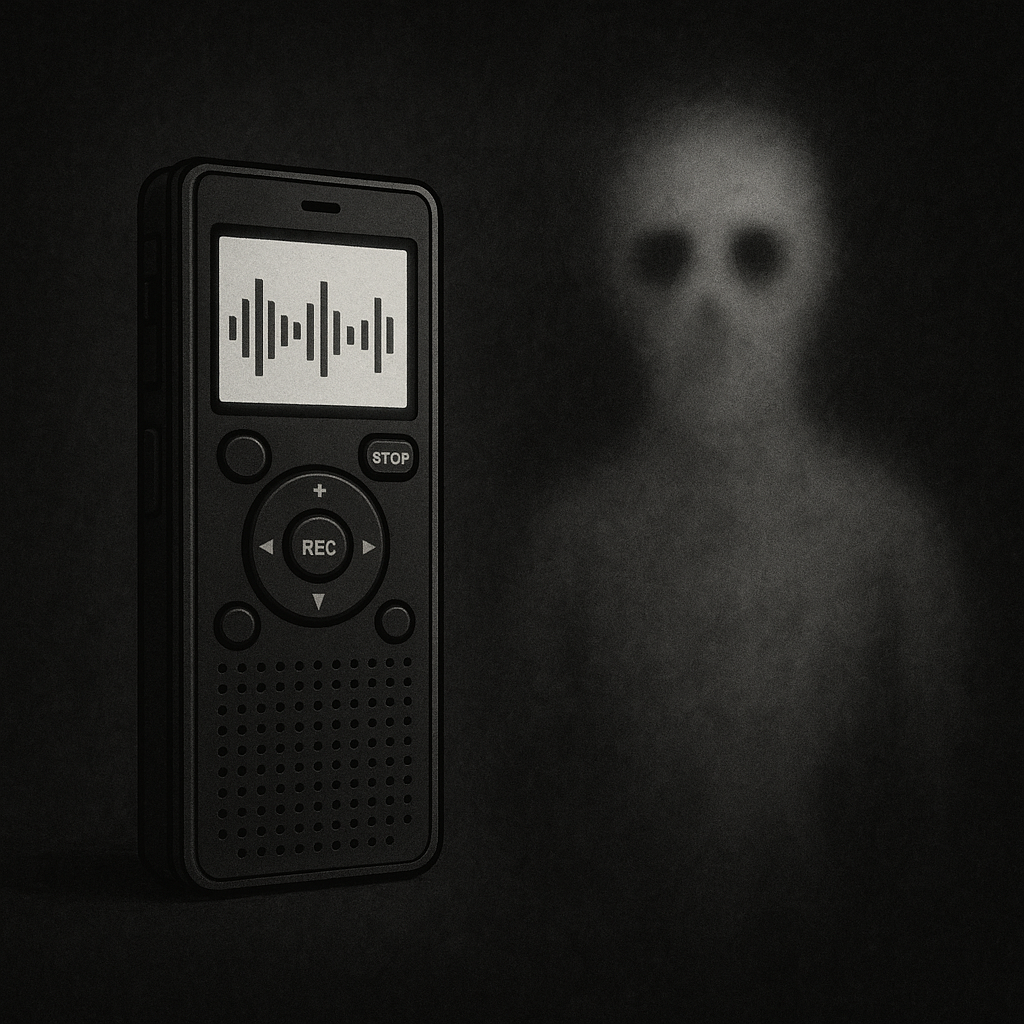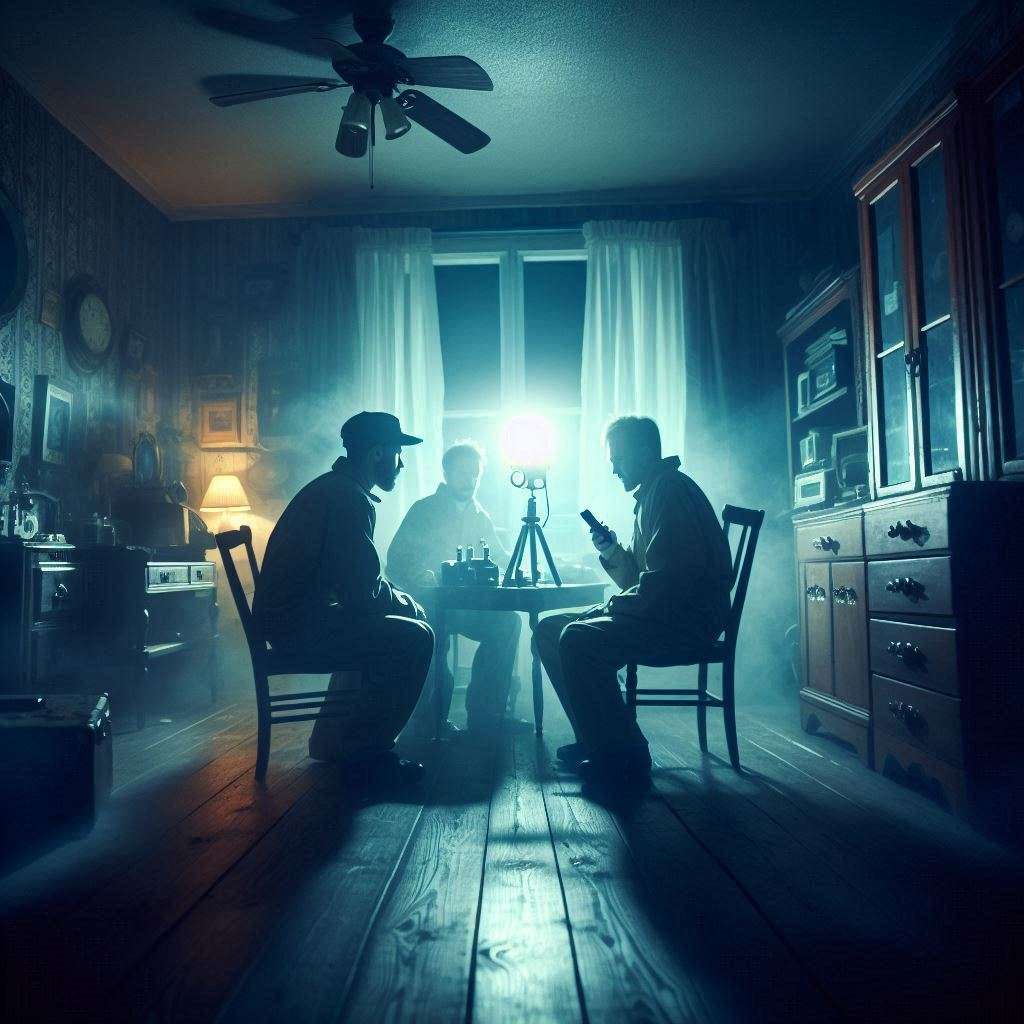Analog vs. Digital Recorders: Which Is Better for Paranormal Research?
The debate over whether analog or digital recorders are superior has been alive since digital technology first entered the field of paranormal research. Both tools have their strengths and shortcomings, and both have earned their place in the toolkit of investigators. However, when it comes to quality versus quantity—particularly in the realm of EVP (Electronic Voice Phenomenon) captures—analog continues to offer a distinct edge.
The Case for Digital Recorders
Digital recorders revolutionized fieldwork by providing unmatched convenience. They are small, portable, and capable of recording for hours—sometimes days—without interruption. Memory cards can store hundreds of sessions, making organization and retrieval far easier than the stack of cassettes that analog requires.
Another strength lies in accessibility. With digital devices, files can be transferred instantly to a computer, where software like Adobe Audition can be used for detailed waveform analysis, filtering, and noise reduction. This ease of editing has made digital recorders the standard choice for modern investigators.
However, digital has its pitfalls. The same sensitivity that allows it to pick up faint sounds can also be its greatest weakness. Many digital recorders capture excessive amounts of static, stray radio bleed-through, and environmental noise. The result is an overwhelming number of false positives—sounds that may resemble voices but are actually the byproduct of interference or digital compression. In short, digital tends to capture more, but not necessarily better.
The Case for Analog Recorders
Analog, on the other hand, tells a different story. Cassette recorders and reel-to-reel devices are often bulkier and less convenient, but they offer an authenticity that digital struggles to match. Analog machines operate through magnetic tape, which interacts differently with sound waves and, some argue, with the unexplained energies thought to produce EVP.
While analog captures far fewer anomalies, the ones it does produce are often clearer, more distinct, and less prone to the digital artifacts that can confuse or mislead an analysis. Investigators who have compared both formats frequently report that analog EVPs carry a presence and weight absent in digital recordings.
The downside, of course, is practicality. Cassettes wear out, tapes can tangle, and recording sessions are limited by the physical length of the tape. Storage is a burden, requiring stacks of boxes rather than a single memory card. Editing analog recordings also demands digitization, adding another step before analysis. Yet despite these inconveniences, analog remains a trusted companion for those who prioritize quality of evidence over sheer volume.
Quality vs. Quantity: The Heart of the Debate
At the core of the analog vs. digital argument lies a simple choice: would you rather capture more potential voices of uncertain quality, or fewer but more reliable and convincing voices?
Digital’s accessibility has made it the common tool of the modern era, and no investigator can deny its usefulness. Yet analog continues to hold its ground, not just out of nostalgia, but because it often produces results that are harder to dismiss as coincidence or interference.
For those committed to a disciplined, evidence-based approach, analog may not deliver the most recordings—but it often delivers the ones that matter most.
Conclusion
Neither analog nor digital can claim absolute superiority. Each has its place, and many investigators wisely use both in tandem. Still, when weighing the value of fewer, higher-quality captures against a flood of questionable ones, analog recorders quietly remind us that sometimes the old ways remain the best.
In the end, the real answer may not lie in the machine, but in the investigator’s dedication to integrity, patience, and the pursuit of truth.
Stay Connected with EVP Explorations!
Subscribe to our free newsletter for the latest updates, education, tips, investigation methods, and new articles—delivered right to your inbox.
Join today and keep exploring with us!

















